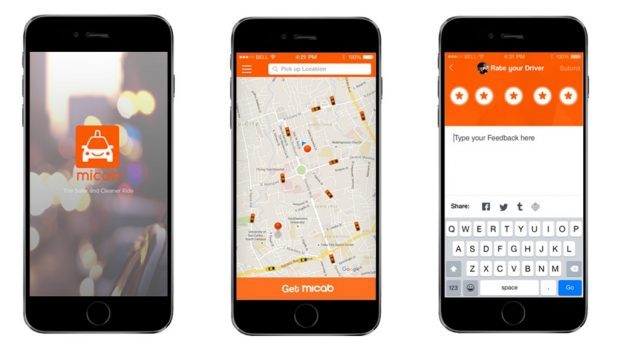When I first received a non-apology apology, I didn’t know that it was one.
“Look, I’m sorry if you didn’t like it,” a fellow student leader said after I called them out for mishandling a situation they were supposed to be in charge of. This is coming from someone I looked up to and worked on many projects with up until that point. At the time, I felt confused because everyone quickly moved on. Uhm, hello? Was I the only one who felt like something was off?
The confusion didn’t end there. I started seeing a pattern the more I thought about similar interactions like this.
“Sorry kung na-offend ka,” a friend said in between fits of giggles after making a joke at my expense.
“I’m sorry if I disappointed you,” the last person who ghosted me DM’ed before dipping out. Again.
Somehow, I felt I was always at fault. I felt guilty that they had to apologize to me. I felt shame as those words played in my head. It was as if I didn’t deserve an explanation, that I was just supposed to take it and move on just like they did.
And the cherry on top was, I’ve done it in the past as well. Yes, I was a “sorry you felt that way” kid too.
“I’m sorry kung may nagawa akong mali,” I said to my thesis partner after yelling at her hours before our thesis defense. I still regret saying that to this day. As I look at this with a different perspective, I’m mature enough to know that she didn’t deserve that. And I was at fault for real.
When I told her “I’m sorry if I did something wrong,” it implied that I’m only wrong if she thinks I’m wrong. Instead, I took a shortcut and opted for the easy way out. I said a half-baked apology in a crude attempt to exempt me for any faults I had. In reality, I only said it so she’d get over the issue and we can move on.
It slowly filled me with guilt until it boiled down into a tearful apology―which, this time, I meant for real. It was one of the rare times that I swallowed my pride. And to be honest, it felt liberating.
A back-handed apology, a nonpology, an apolo-lie. It has a lot of other names, but they all pertain to passive-aggressiveness meant to leave us off the hook.
We only apolo-lie to dodge bullets we can’t take. We want to be guilt-free and get it over with. But let me tell you this—you’re being fake as fuck if you think that shit is okay. That’s not the point of an apology at all.
In one TED Talk (trigger warning: mentions of sexual abuse), playwright Eve Ensler said that what makes an apology authentic is in the details. One has to say what actually happened, as “an apology connects the past with the present.”
Apologies don’t have to be a grand nor a dramatic gesture. It should acknowledge the action that caused hurt and strive to mend what was broken, which needs three things: the “I’m sorry,” understanding why you hurt the person, and an assurance that it won’t happen again.
It’s easier said than done, but it has to start with you. You have to first accept that you, in the past, did something wrong in order for the apology to actually mean something for the present.
You can come up with a heartfelt apology that satisfies the formula, but it will all be for naught if you yourself haven’t accepted what you’ve done to hurt this person. For our apologies to be sincere, we have to begin with being honest to ourselves, so we can be honest with the people we still want in our lives.
Header art by Kristine Yap
























Comments